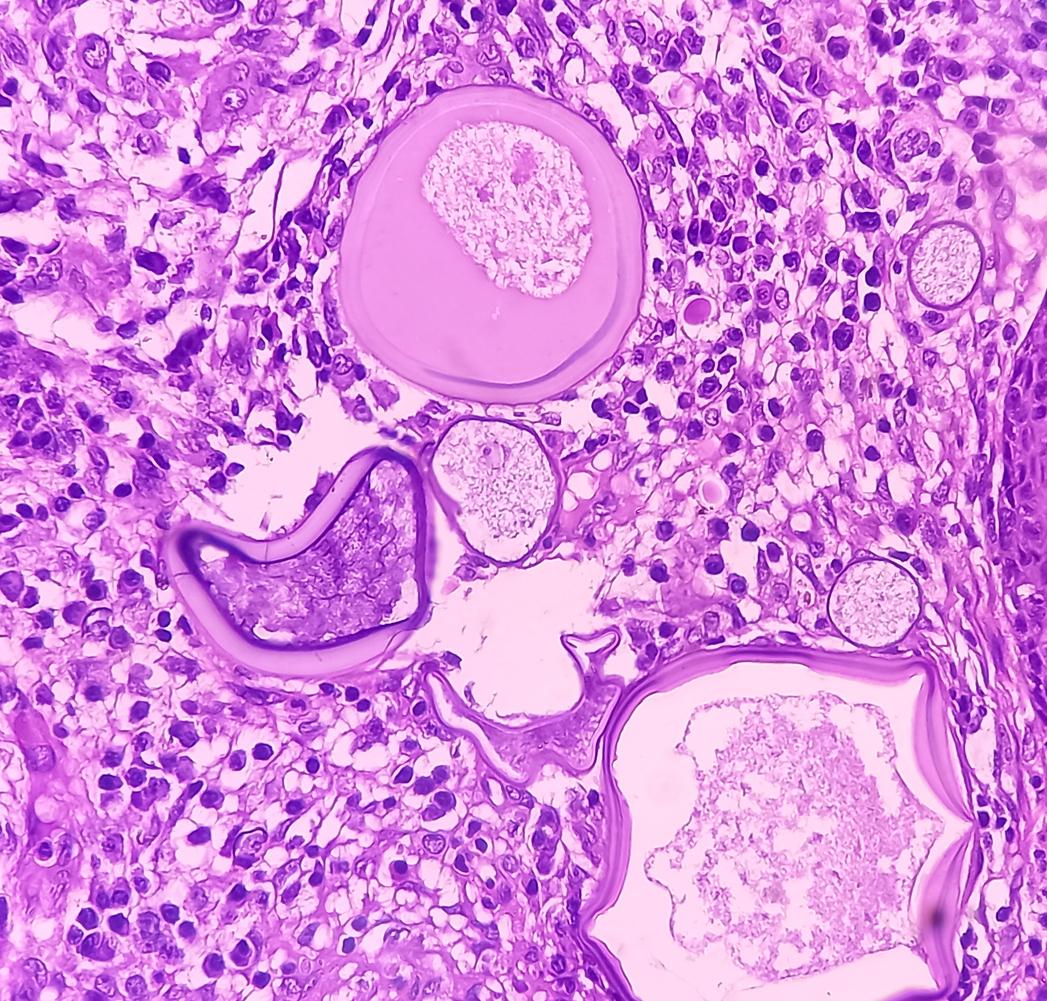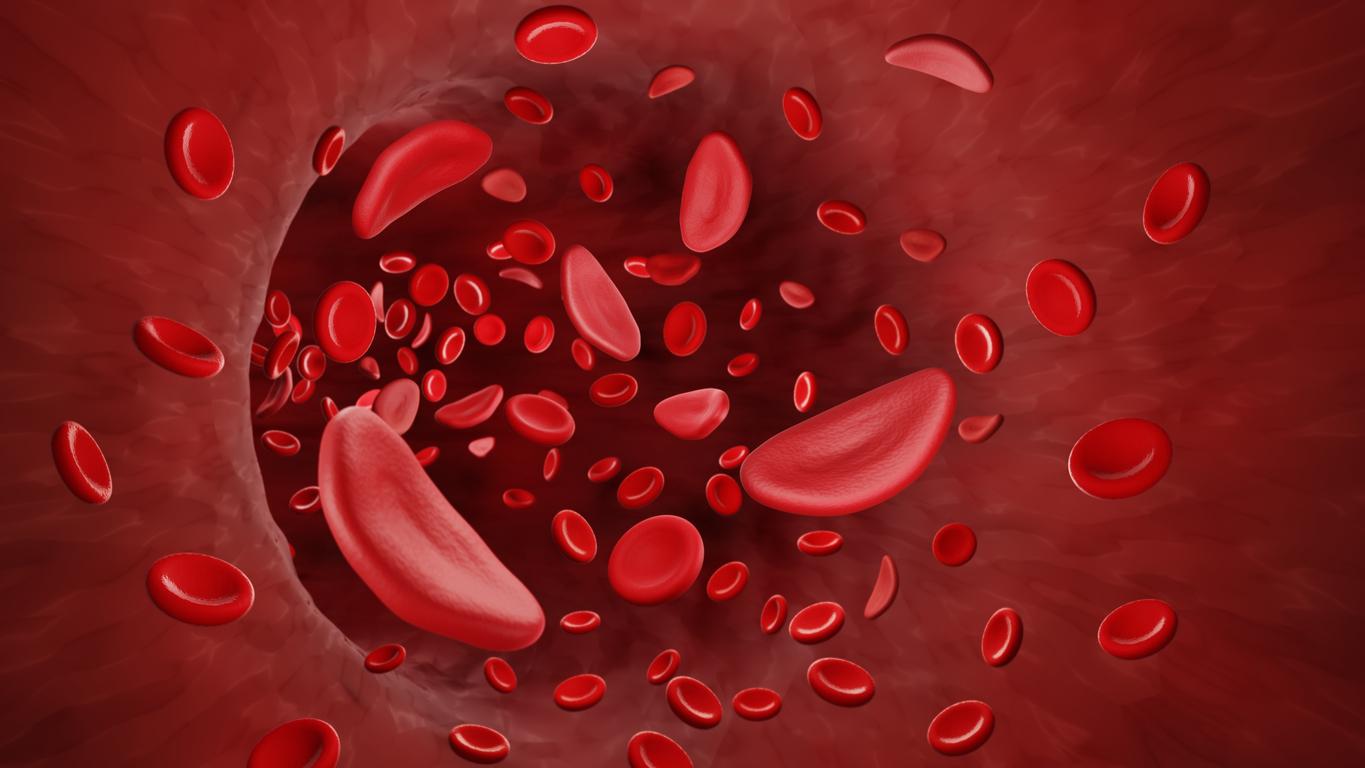New prostate cancer screening can distinguish high-risk tumors from those that will not grow. It avoids half of the treatments that are unnecessary.

In France, one in two prostate cancer is treated unnecessarily for lack of effective screening. the National Cancer Research Institute (NCRI) presented this November 5, at its annual meeting, a new genetic test that distinguishes the degree of virulence of prostate cancer with a biopsy. This test is developed by the start-up Myriad Genetics.
What’s the novelty?
To assess the potential aggressiveness of prostate cancer, only one tool is available today. This is a blood test that measures the level of PSA, a specific prostate antigen. The threshold of normality is 4ng / ml of blood. Beyond that, additional examinations are required to detect any cancer (rectal examination, biopsy, etc.). But this test is not effective: it does not exclude the risk of cancer below the threshold, and patients above the threshold do not necessarily have invasive cancer.
The “Prolaris score” is a new test which focuses on certain genes involved in the life cycle of cells. It is based on cell cycle progression (CCP), that is, it analyzes how cells evolve from birth to division. By observing the level of activity of these genes that direct cell division, doctors can predict whether the tumor will become aggressive or not. The results presented at the NCRI congress are based on five cohort studies. In each case, the majority of patients were diagnosed at low risk (67% on average) and at each official risk level, the Prolaris score provided variable results between patients of the same level. It therefore shows great precision.
The potential of such a test is not negligible: it makes it possible to predict which patients need treatment for their cancer (prostatectomy, brachytherapy, etc.) and which must simply be monitored. According to Prof. François Desgrandchamps, urologist at Saint-Louis Hospital in Paris, this test could be associated with the Gleason score, which analyzes the tissue structure of the prostate, to predict which tumors are at risk.
Listen to Prof. François Desgrandchamps, urologist at Saint-Louis hospital (Paris): “ This new test which appeals to the exPressure from cell cycle genes can further improve the predictability of prostate cancer aggressiveness. “
What is his interest ?
Including the Prolaris score in the prostate cancer screening process has several advantages. It allows more precise screening than current methods but also more reliable. According to a study published in April 2013 in the Journal of Clinical Oncology, the test reliability was estimated at 77%.
It is estimated that half of prostate cancers are treated unnecessarily. The Prolaris score, by differentiating high-grade cancers and indolent ones, promotes better patient care. In most cases, prostate cancer progresses slowly, if at all, and asymptomatically. This does not prevent the majority of diagnosed patients from receiving heavy treatment with side effects. Yet, according to randomized trials, the chances of survival do not vary after surgery or chemotherapy on slow-growing tumors. This test could settle the question: if the tumor is at risk, the patient is treated quickly. If this is not the case, the patient does not have to undergo heavy treatments.
Listen to Prof. François Desgrandchamps: ” We do not lose chances of recovery if the cancer progresses and we avoid unnecessary treatment for many patients. “
The route does not change
However, this test has limitations. He asks for a biopsy to be taken, since he is analyzing the tumor itself. The screening route is therefore not modified: the PSA assay is performed. According to the results, the patient must undergo MRI scans and prostate biopsies to diagnose cancer. It is only at this level that the Prolaris score comes into play.
Non-invasive methods are eagerly awaited by specialist physicians. It would make it possible to determine upstream whether the tumor is aggressive or not. Last February, the review Cancer Medicine published research on fusion genes to identify tumor virulence. A team of researchers proposes a urine test to detect markers of cancer, with the same result as the Prolaris score. However, Professor Desgrandchamps welcomes “a little more” compared to Gleason’s score.
Listen to Prof. François Desgrandchamps, urologist: ” The ideal for us is a urine test that allows us to know a priori who will need a biopsy. “
Europe and North America are encouraging better screening and less treatment so as not to cause patients unnecessary suffering. Setting up a score based on the cell cycle could save half the treatments for prostate cancer and therefore prevent serious and unnecessary side effects for men. A measure all the more urgent as the High Authority of Health (HAS) does not consider the dosage of PSA as an effective screening.
.

















